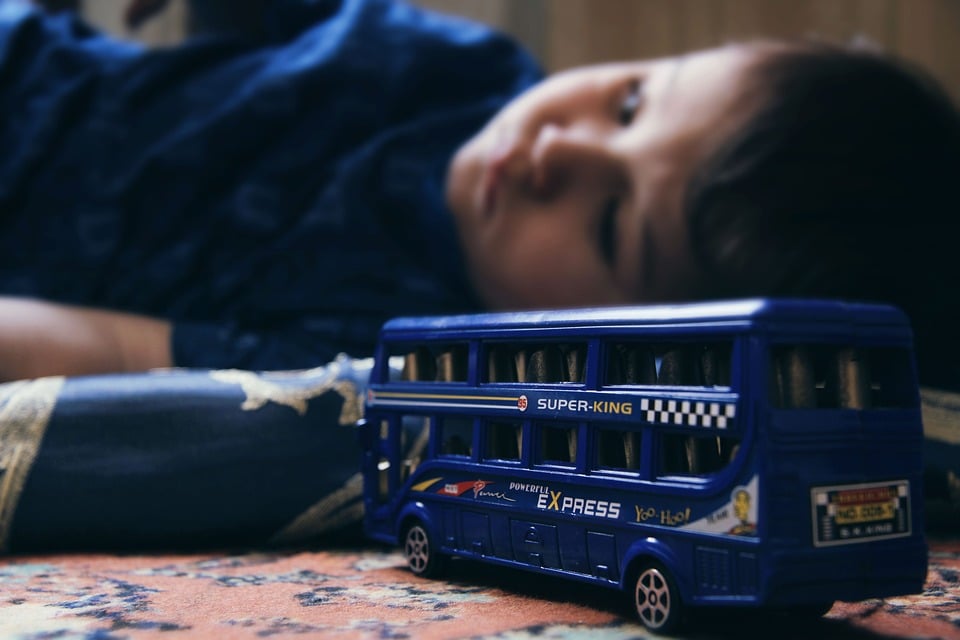
Considerable news has been reported about the difficulty in young people accessing mental health care. We have all read the alarming headlines around self-harming and increase in young suicides, we all stop aghast and question why this is happening, but what really changes?
The statistics have been gathered and reported, media interest is resurrected and the government respond with promises of more resource, but what really changes?
When mental health deteriorates and is not treated young people are frightened and fearful for themselves. They try and make sense of what is happening, often coming up with the wrong conclusions. They access unhelpful material through social media and find forums of other young desperate people, entering into a dark and unforgiving world.
We tell our children from a young age to ask for help when something is wrong, yet when they turn for help there is often nothing immediate to give them. The GP refers to child and adolescent mental health services (CAMHS), they are placed on a waiting list, if lucky and depending on where you live they will be seen within eighteen weeks. Some incredibly wait for more than a year.
Once through the door of CAMHS another journey begins. The unwell child is expected to communicate innermost feelings and thoughts with a complete stranger. There is no time for relationships to build while behaviours are examined and parenting scrutinised. Families are fraught with concern, resilience long since gone. Families regularly report that they felt they were not listened to. Many have the experience of presenting their child following suicide attempts to be told simply, to take their child home.
The child’s condition declines; life by this point not representing anything they have known or experienced before. The friends they had, have long since gone as they don’t understand them anymore, attendance at school slips, resulting in poor educational attainment. Stigma, discrimination and bullying follows them and isolation sets in.
The impact on the family dynamic is intense, families stressed, relationships broken, some never to be fully repaired and many parents desperately trying to keep their child safe from harm. One father recalls “we tried so hard to get help from CAMHS but no one would listen, we knew something was wrong with our daughter. At age 11 she changed from being a happy, caring little girl to an individual we hardly recognised. CAMHS and social work decided that she was just a “bad teen” or that we were bad parents. Three years on, following a serious suicide attempt; her third attempt, the police intervened and demanded that she be assessed by Psychiatry. Following this she was sectioned under the Mental Health Act, everything changed then, she was diagnosed very quickly with Bi Polar disorder”. This dad goes on to state: “without the intervention of the police, he believes, his daughter would not be alive today.”
The consequences of this inaction can be life- long. As these children recover they have to deal with what has gone before, they have regret, shame and guilt and for those who have been hospitalised evidence of trauma. Missed education and missed opportunities for normal social development and experiences all gone. This is the true cost of not responding to deteriorating mental health in our young population.
If intervention is given early, we can avoid our children becoming increasingly unwell. Stop the erosion of their self-belief, self-esteem and confidence, protect their education, prevent engagement in high risk behaviours and hopefully prevent the need for hospitalisation or residential care.
The current Mental Health Strategy runs for ten years (2017-2027) it is far reaching and ambitious. There has undoubtedly been progress in raising the profile within the Scottish Government, all of this is welcomed.
Meanwhile...on the ground… children’s’ mental health needs are often still being unmet, families still struggle to get the right support from the right discipline within CAMHS. Sadly our young people are still experiencing what could be avoidable deterioration in their mental health. All of this inaction comes at a heavy cost, to the individual, their families, the economy as a whole. We do not need more reviews, we know the right treatments, we know what systems don’t work, and we have overwhelming statistics which clearly evidences the issues.
The children who are struggling today don’t have ten years, their childhood is now, and they don’t get another one. Let us not fail another generation. Let us act now.
Seona Weir is lead manager Scotland for Young Foundations, which is a member of the Scottish Children's Services Coalition. This article first appeared in The Scotsman on 30th October 2018.